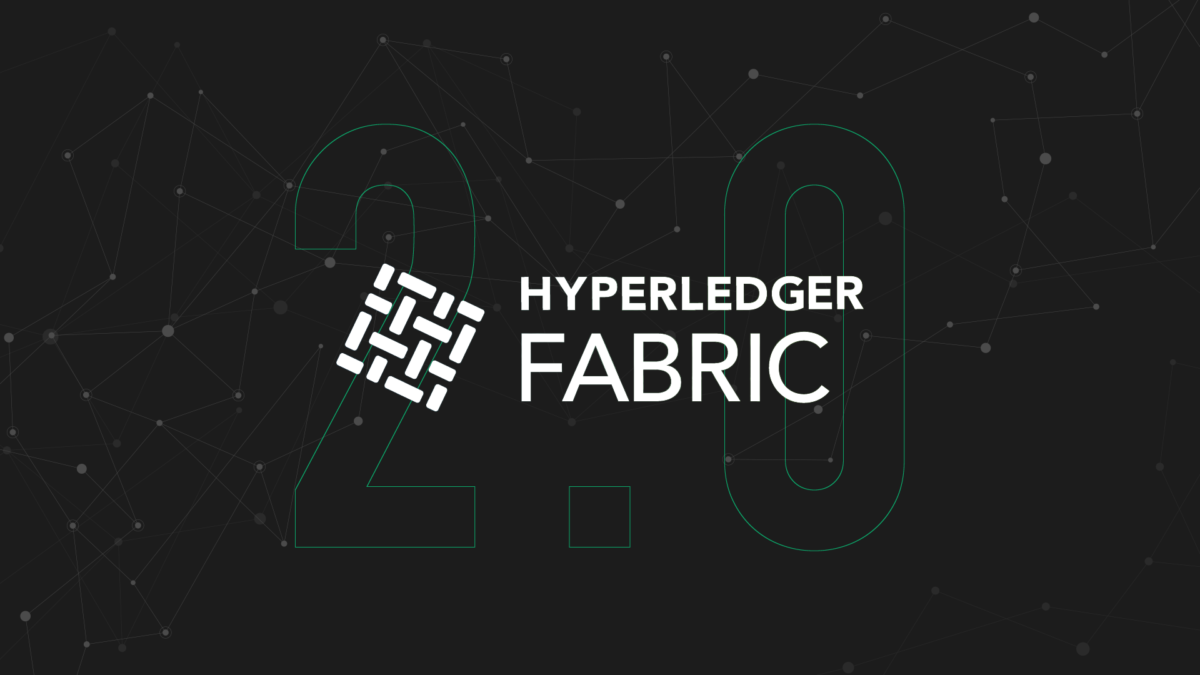Hyperledger releases 2.0 version of open-source Fabric blockchain software


The Hyperledger Foundation has released the second version of its open-source distributed ledger (DLT) platform, Hyperledger Fabric.
The 2.0 release introduces new features including the decentralized governance of smart contracts and data privacy on a need-to-know basis.
Established in 2015 by the Linux Foundation, Hyperledger supports various blockchain and DLT projects with a focus on improving system performance and reliability. One of its notable projects is Hyperledger Fabric, a permissioned blockchain upon which enterprises can build applications with a modular architecture.
Hyperledger Fabric 2.0, released Thursday, brought with it a series of updates, according to an official announcement.
Noticeably, 2.0 added a new management process for installing and starting a chaincode. The new chaincode lifecycle lets multiple parties agree on a chaincode’s parameters before allowing the chaincode to interact with the ledger. In other words, the governance of smart contracts is decentralized and no one entity can write to the ledger until a consensus around the transaction is reached.
Another important feature that the 2.0 version introduced is data privacy on a need-to-know basis. Organizations can now share private data with members without having to define channels for many combinations of members.
Beyond, the new version also covers a new external chaincode launcher, a new consensus type of Raft, and various performance improvements.
“The release of Hyperledger Fabric 2.0 is an important step forward in the on-going evolution of DLT, and was developed based on feedback from real-world use, including improved chaincode management capabilities and performance enhancements," Rob Palatnick, managing director and global head of technology research and innovation for the DTCC, said in a statement.







